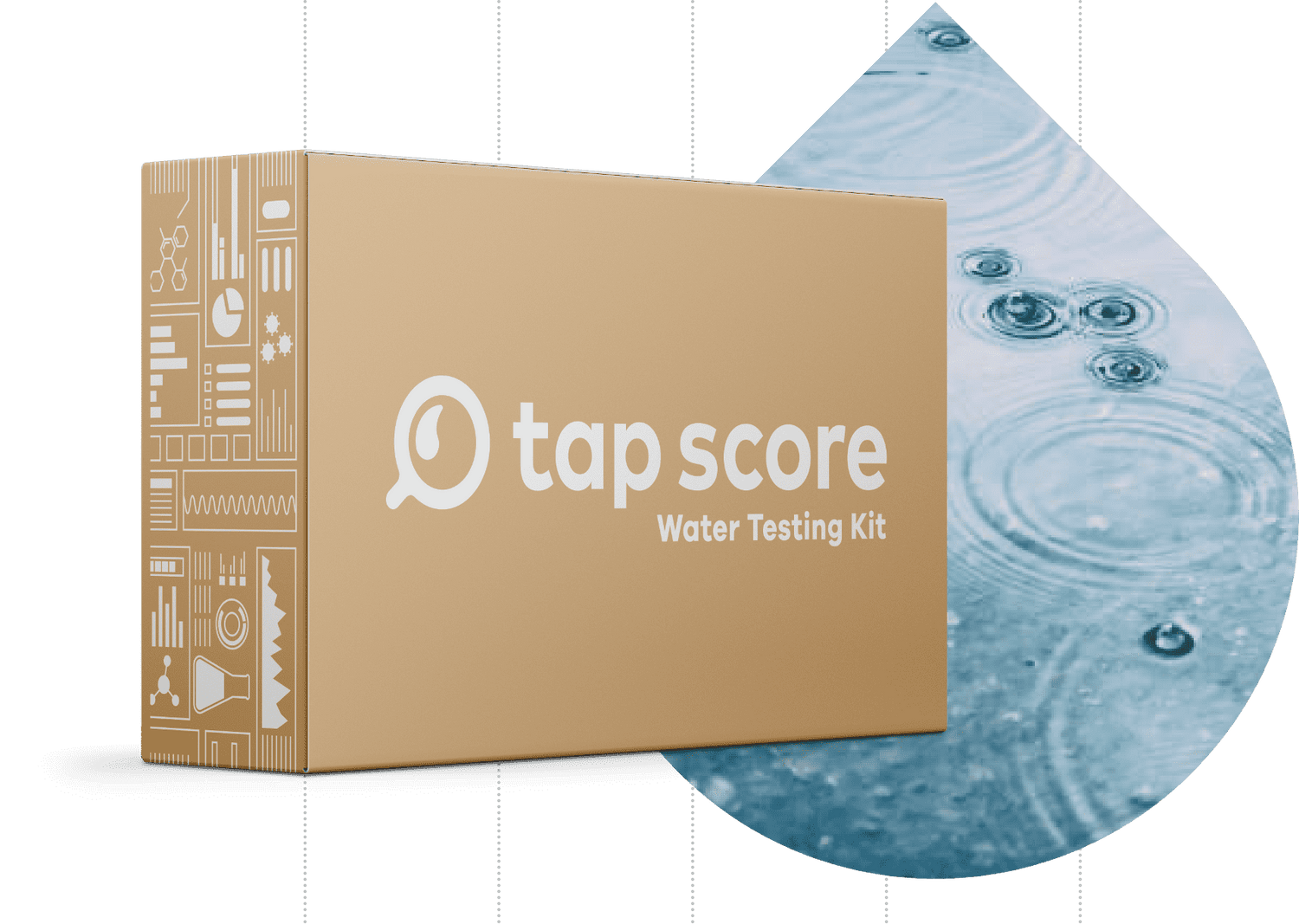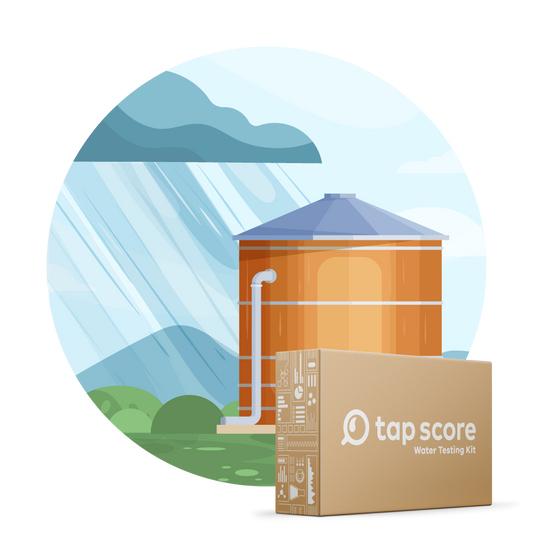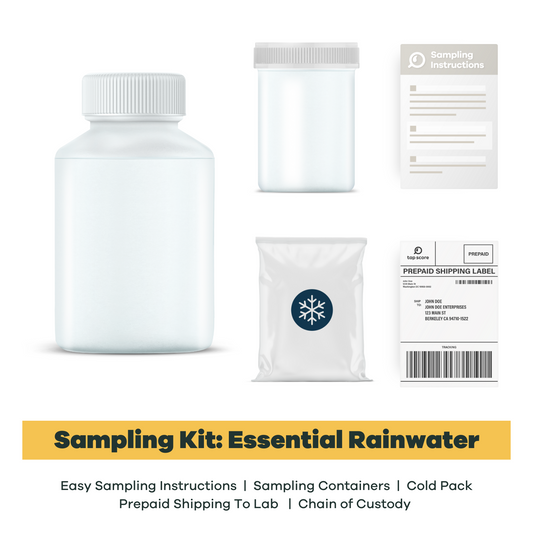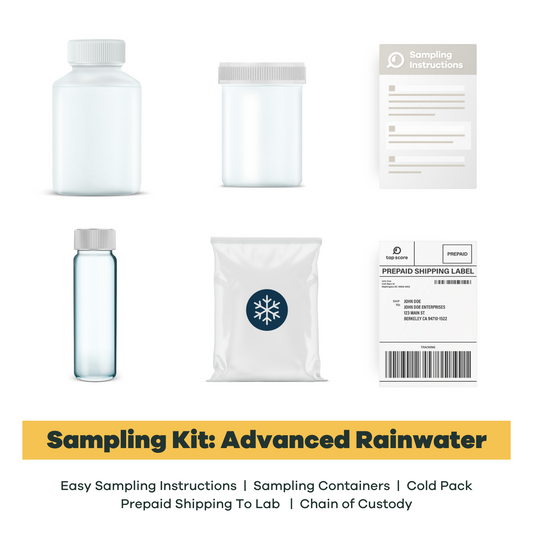
Core Kits
Test Kits for Rainwater
If you get your drinking water from a rainwater harvesting system, these are the test kits for you. Test for common contaminants that can affect your pumps, tanks, and most importantly, your health. Our award-winning mail-to-lab kits are always tested in independent and certified laboratories.
-
Core Kit
Essential Rainwater Test
53 Analytes TestedRecommended as an important baseline for water quality testing for rainwater collected in a catchment or other harvesting system. Includes everything you need to test in a certified lab.
Regular price $215.00Regular priceUnit price per -
Core Kit
Advanced Rainwater Test
113 Analytes TestedA more comprehensive water quality test to ensure correct setup of rainwater catchment system, and for those noticing unpleasant tastes or smells in rainwater.
Regular price $315.00Regular priceUnit price perMOST POPULAR
Not sure where to begin? Let us help.
We know this stuff feels complicated, but we are dedicated to keeping it simple. Answers to all your questions are always a chat away.
Which kit should I start with?
If you are unsure where to start, our Advanced Water Test Kits are designed to cover the most essential contaminants in your water source. Get in touch if you are uncertain what your source is.
What's the turnaround time?
Most people receive results within 3-5 business days after the lab receives their sample. However, some tests may require additional analytical time so be sure to check each kit’s product page for the most accurate estimate.
What does my report include?
Your report will rank your water against local and federal safety benchmarks, provide a thorough breakdown of any contaminants detected and how they may be affecting your health or plumbing, and provide non-biased treatment recommendations.
Are Tap Score labs certified?
Every lab facility in our network is certified with accreditations ranging from ISO to NELAC/ELAP, Direct State, DoD, DoE, DoH and beyond. Need a specific certification? Let us know so that we can meet your needs accordingly.




